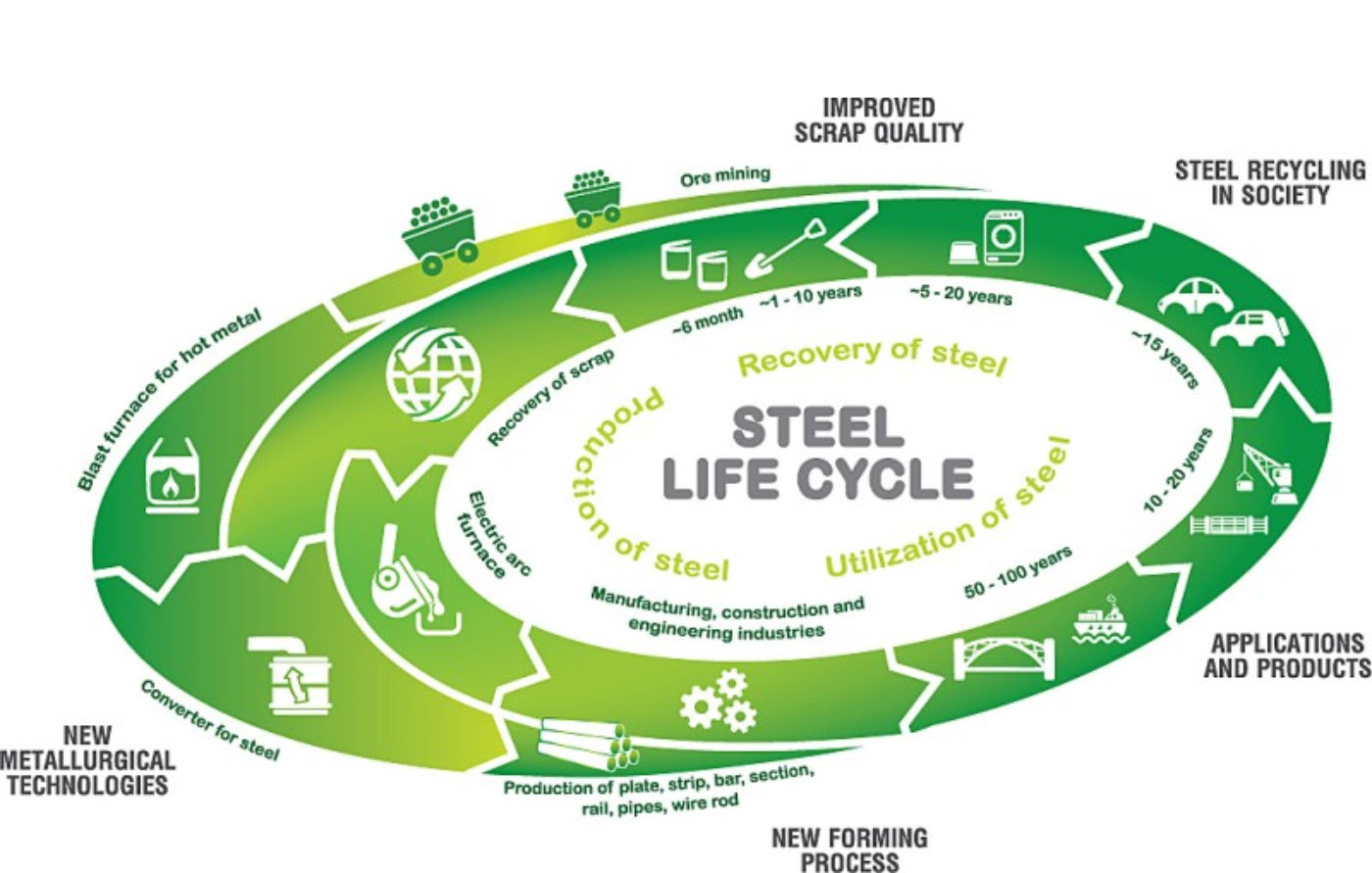Media
The New Zealand metal recycling industry encompasses a range of businesses involved in the collection, processing, re-processing and export of metals.
Metals are infinitely recyclable, but often require processing to remove non-metallic components. The industry handles metal items of all types – it is a common misconception that the only metal items which can be recycled are those which are accepted in municipal kerbside collections.
Most recyclers offer a drop-off facility for the public to recycle their metals; depending upon weights and market prices at the time, most customers are paid for the items they bring in to recycle.
Metals are valued commodities which trade internationally. In calendar year 2024, AMR members processed over 874,000 tonnes of metal, undertaking over 725,000 individual transactions, to serve their communities across NZ. 670,000 tonnes were exported from New Zealand. (Processing is part of the value chain with some processing occurring before materials are on-sold to the final exporter.)
For dry cargo (non refrigerated), NZ has an import to export imbalance. The industry assists this by making use of the oversupply of containers in depots which reduces the number of empty containers that shipping companies must return at their own cost. Getting paid both ways helps keep the import freight rates down. Without a significant amount of return cargo, many shipping companies will avoid sending cargo to NZ and all imported goods will further increase in price.
Some interesting environmental statistics on recycling of metals:
When one ton of steel is recycled, 1,133 kilograms of iron ore, 288 kilograms of coal and 54 kilograms of limestone are conserved. Recycled steel uses less energy to smelt in the manufacturing process.
When using energy to recycle aluminium it is possible to create twenty tonnes of aluminium; this is the same amount of energy that will only produce one tonne of primary aluminium from bauxite that comes out of the ground.
Automotive car batteries contain a significant amount of recycled lead, 60% of new lead is manufactured from recycled batteries world wide.
Recycling copper has the same cost as smelting ore but skips the massive environmental impact of mining the ore.

Diagram courtesy of the Australian Steel Stewardship Forum
Our President, Glen Jacobs, is the spokesperson for AMR. You can reach him by email on president@nzamr.org.nz
Our previous media releases:
NZ Association of Metal Recyclers releases its proposal for a container refund scheme
28 Sep 2020
“A working group funded by the Government’s Waste Minimisation Fund has produced hundreds of pages of reports but has not included our industry in this project to deliver a “high level design” for a refund scheme. Despite our efforts to intervene, including a meeting with the working party convenors from the Auckland and Marlborough District Councils, we’ve been told that we should wait until Ministry officials take the design and use it as the basis for public consultation later this year.”
“Our concern is that the Ministry doesn’t have expertise in metal recycling or commodity trading. Most of us know that once a proposal goes out for public submissions, the chances of making substantive changes in design are almost nil.”
The scheme endorsed by AMR ensures that metal recycling yards in communities big and small across New Zealand are used as collection points. Consumers will receive their deposit on top of what the recycler would normally pay for the material.
“Our industry will use the deposit money to add value to the aluminium cans, driving recovery of the materials because people will have a monetary incentive to use these collection points over more traditional collection points where they only get back their deposits.”
Since cans, classified as Used Beverage Containers, are an export commodity, the exporter of the cans would be reimbursed by the scheme’s managing agency.
AMR says that this scheme for aluminium cans will help raise the profile of metals as a recyclable material. Metals are infinitely recyclable and recognised as a resource on international commodity markets.
“Metals are not waste. New Zealand faces unprecedented economic challenges thanks to Covid-19; we encourage Government officials to be more creative in leveraging the power of exports to benefit the global circular economy.”